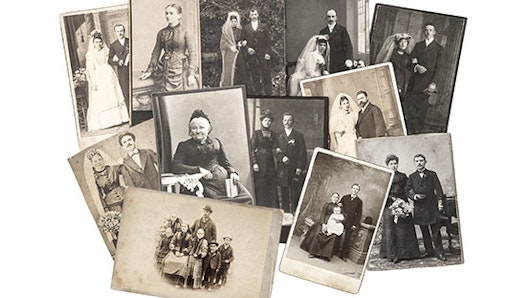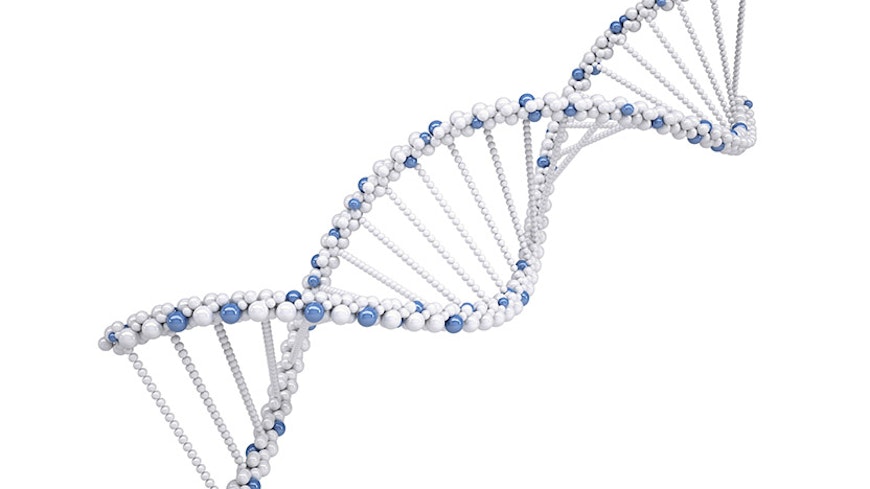Tracking down your family history can be a bewildering and time-consuming process. While there’s a wealth of free information available, is it worth signing up – and shelling out – to a genealogy subscription service?
Services compared
We’ve looked at three commonly used subscription services and found they offer a range of information and costs. We’ve converted the prices shown on their websites to New Zealand dollars.
Ancestry.com.au is part of the global network of Ancestry websites and claims to have two billion searchable Australian, New Zealand and UK family history records.
It offers a 14-day free trial. To sign up for the trial you need to give your credit card details. The site advertises monthly and annual subscriptions. You should note although the cost of the latter is displayed as a monthly amount, read the fine print and you’ll discover it’s billed in a lump sum.
Ancestry.com.au offers several subscription levels. The UK Heritage Plus level, which includes Australian, UK, Irish and New Zealand records, is $28.12 a month or $242.81 a year. The World Heritage level, which includes access to all its records, is $56.31 a month or $338.05 a year for new customers.
Or you can choose “pay-as-you-go”. This allows access to 10 records over 14 days. However, content other users have put online, such as family photos, can’t be accessed with this option.
Fancy giving Ancestry a try? Check with your local library or branches of the New Zealand Society of Genealogists (NZSG) as many have subscriptions you can use for free, although there are some databases that aren’t available in these versions.
Findmypast.com.au is part of the British Findmypast network. Its Australia level subscription, which includes New Zealand records, is $11.22 a month or $112.16 for 12 months. The World subscription costs $22.49 a month or $224.89 for 12 months.
It also offers a “pay-as-you-go” option, where you purchase “credits”, and a 14-day free trial. However, you’re limited to 600 “views” on the free trial.
After two years, if your account is inactive and you’re not paying for a service, your information, including your family tree, could be deleted.
TheGenealogist.com calls itself “The Leading British Genealogy Research Website”. Its international records cover New Zealand, including settlers, military, directories, rolls of honour and will shortly include newspaper and educational records.
It has subscriptions with different levels of database access and a credits-based option for access to births, deaths and marriage records.
The basic level gives 50 credits for $11.96 and lasts 90 days. Credits are spent each time a full record is viewed or an image loaded. Its premium Diamond level, which gives access to international databases, costs $285.70 for 12 months. It also offers a 14-day free trial.
Are they worth it?
Objectively comparing these services is almost impossible. They have their specialties – and limitations. They don’t all have the same records, although some areas overlap.
Their main advantage is they provide a central point for accessing a range of databases and building, and sharing, your family tree. Census, electoral, property, church, military, immigration, newspaper, and births, deaths and marriage records are mainstays of these services.
Some of our members told us they needed to sign up to multiple services to get all the information they were after as each service offered slightly different records.
It pays to remember you won’t find everything online. Dr Gay Williams, president of the NZSG, says: “We must remember that much of our historical data and records are not yet digitised – some say perhaps only 10 to 15 percent.”
Before you buy
Before you commit to a subscription service, do your homework.
Check its databases and subscription levels: Some levels don’t give access to databases beyond New Zealand and Australia, or to only a limited selection of databases. Generally, the higher the access, the higher the cost. A clever trick we found on a genealogy forum was checking subscription costs at the services’ other sites – for instance .co.uk rather than .com.au – as currency conversion costs could make it cheaper for the same level of access.
Know how much you’ll pay and when: Most offer monthly and annual subscriptions with renewals automatically charged to your credit card. But watch out for “special” offers for new customers – after your first subscription period ends you might be in for a price hike. Prices may be stated in other currencies, not New Zealand dollars.
Free trial period: These can be a good way to see what a service offers but there may be a limit on how many records you can view. If you don’t want to continue, remember to cancel before the trial period expires – or you might get hit with an ongoing fee.
Information access: Check what access you get to information you’ve gathered if you end your subscription. You may be able to see your family tree but not records you’ve added to it. It’s a good idea to regularly export your family tree data: GEDCOM files are the most common export format and can be used with most family tree programs to build your family tree offline or import into other subscription sites.
DIY
If you’re beginning your family tree research, there are other resources you can use.
Historic New Zealand births, deaths and marriage records are available online through the Internal Affairs website. A printout of a record costs $20.40 if the event happened after 1874 or $26.50 for events prior to that.
The National Library website has a guide for getting started on assembling your family history. It also has tips on searching its collections.
Archives New Zealand holds the New Zealand government’s records. If your family member interacted with a government department, chances are there’s a record of it. Archives also has useful research guides.
The New Zealand Society of Genealogists has many resources available for its members. Annual individual membership costs $85 and there is a one-off joining fee of $15. There are 68 branches and many libraries have society volunteers available who can help with research.
FamilySearch.org is a free global website run by the Church of Jesus Christ of Latter-day Saints. It has New Zealand and overseas records and offers help through its Family History Centres throughout New Zealand.

What’s in a name?
Be aware the information you find on genealogy sites may not always be accurate. Both transcribed and original records can have errors. Consumer member Joseph told us of finding an entry for “Janet Dunedin Hospital Brown” on a transcription of an electoral roll.
My grandfather’s hyphenated surname was split on an original UK census record so the first part became his middle name.
These types of errors are frustrating, and when shared on online family trees the mistakes are perpetuated. Whenever possible, we recommend checking the original source and cross-checking with other information.
DNA testing

Ancestral DNA testing has become a hot topic and it’s easy to be tempted by the idea of links to royalty or celebrity. Spit in a test tube or swab your cheek, send it off and weeks later you’ll have the results.
Ancestry.com.au offers autosomal DNA testing in New Zealand. This type of test looks at genetic markers in the 22 chromosome pairs which contain DNA from both parents.
Its advertising doesn’t claim to link you to royalty. But it says its DNA matching can connect you with others on its family tree database who share your DNA – your far-flung “cousins”. It claims more than a million have taken its DNA test, also available in the UK, Ireland, Australia and the USA. Testing costs $167.96 plus $33.81 for shipping. You also have to be an Ancestry subscriber for its DNA-matching service.
Is it worth it? While it’s appealing to think you can take a quick test and discover long-lost kin, the truth is the tests rely on probabilities to estimate the degree of kinship between people – they don’t confirm specific relationships.
Many geneticists are sceptical about the accuracy and value of ancestral DNA tests – especially ones telling people they have links to certain ethnic groups or famous figures. The fact is we’re all related, it’s a matter of degree.
To answer specific questions about your individual ancestry, you need a combination of genetic information and genealogical records.
Report by Kate Sluka.